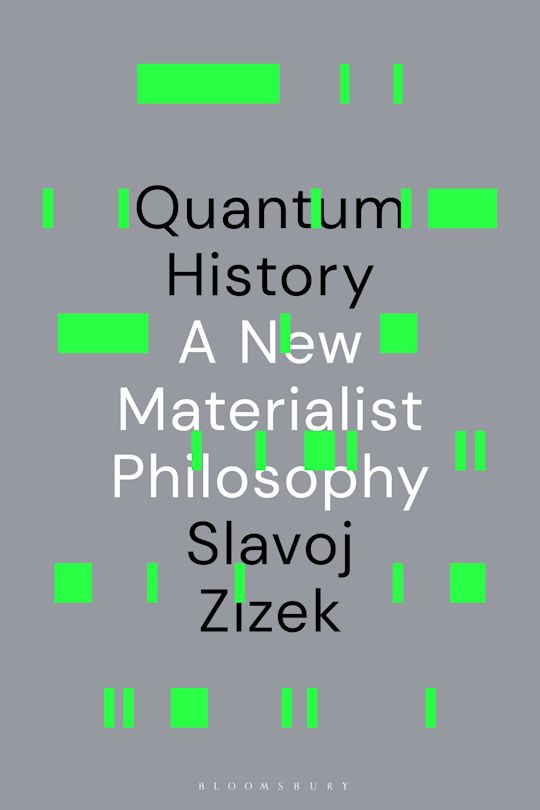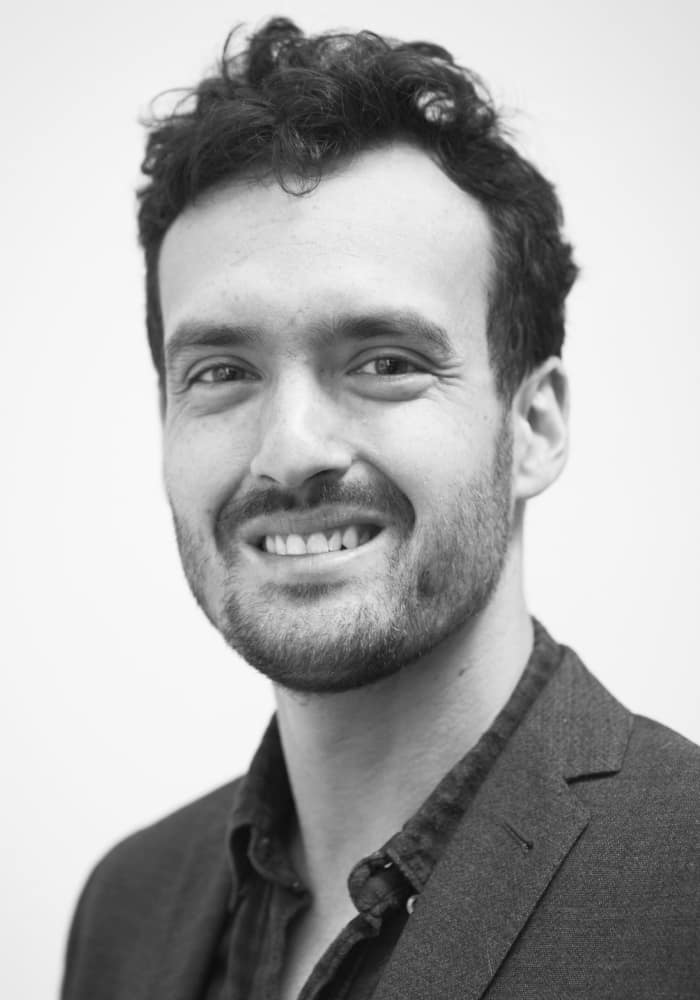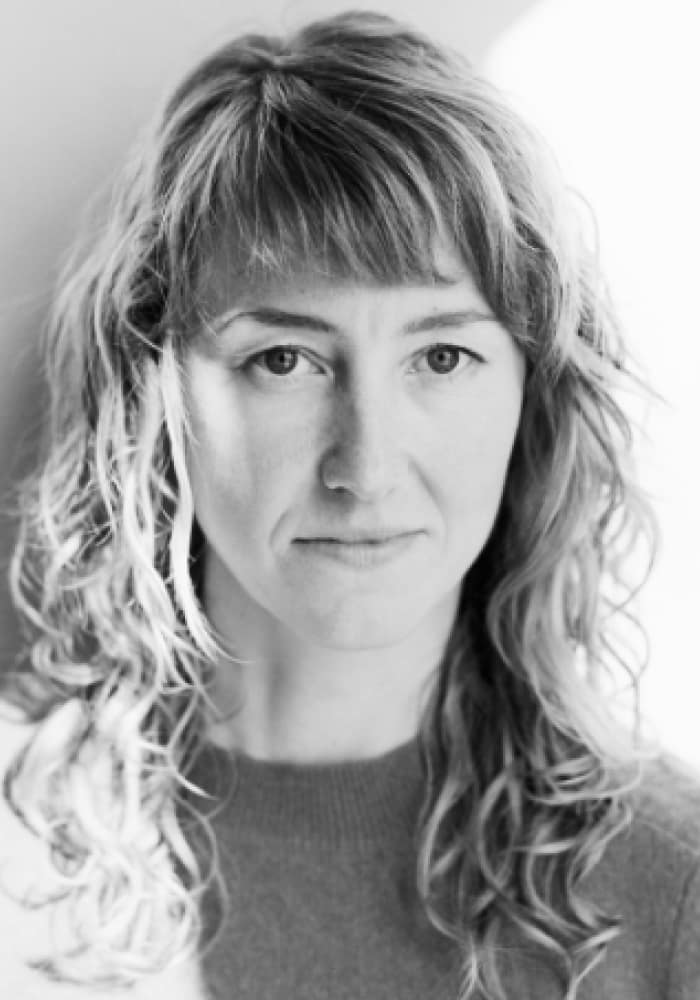Philosopher, cultural critic, Marxist theorist, provocative speaker, humorist
Slavoj
Žižek


Slavoj Žižek hardly needs an introduction. He is regarded as one of the greatest thinkers of our time, although he would certainly not say so himself. There are many different ways to describe him, and he is being called both a 'Marxist' and a 'rockstar philosopher' – often in the same sentence.
What makes Žižek so interesting is that he knows how to trace the values of the present time, such as 'woke' and 'populism,' back to their roots to show the values they conceal. Reality is not very real for Žižek; it is just a construction consisting of symbols, which can only be regarded as relatively real. When Žižek talks about the many political crises of our time, he does not just repeat what others have already pointed out but instead, he gives an original interpretation of the world that becomes visible when you look past the clichés.
These thoughts and insights put him in the forefront of many of our time's debates – whether it is about identity, sex, popular culture, power, or war. His most recent book is titled:"Too Late to Awaken: What Lies Ahead When There is no Future?" It will be published on November 2 by Viking Penguin.
To understand Žižek's vision is to understand a piece of a possible future – whether or not that future is one we would want to be a part of.
Quantum History - A New Materialist Philosophy
A panoramic view of the cosmos must begin with the tension of a single political moment. In Quantum History, Slavoj Žižek brings together Hegelian dialectics, Lacan psychoanalysis and quantum mechanics to rethink history, reality and political possibility.
Taking up Lenin's challenge to radically reconsider materialism in the wake of each big scientific discovery, and rejecting the recent vogue for giving a vague spiritualist spin to wave mechanics, Žižek embraces the philosophical implications of quantum mechanics with characteristic erudition and verve. Drawing on the central themes of the holographic universe, non-commutativity and the collapse of superpositions, Žižek evolves a quantum-inspired ontology which reinvents the historical materialism of Hegel and Heidegger – and compels a brutal, often darkly funny, inquisition into the chances of radical emancipatory acts today.
Quantum History takes the reader from the absolute contradiction of the primordial void through quantum oscillations to our ordinary reality, weaving in Lacan and Deleuze, Rovelli and Schelling, opera, cinema, sex and war. Žižek is at his sharpest, saddest, most provocative best as he demonstrates that there is no way of extracting ourselves from the texture of history, no neutral position from which the workings of the world can be observed transparently – we must act from a contingent, complex and inscrutable political moment, in sadness and in doubt, but defiantly.
Table of Contents
Introduction: Materialism and Quantum Criticism
I - Universal: Collapse Comes First
1 Why A Hegelian Needs Quantum Mechanics
2 Why Quantum Mechanics Needs Hegel
3 Noncommutativity in the Symbolic and in the (Quantum) Real
II – Particular: From Hegel to Heidegger... and Back
1 Names for Finitude: Hegel, Heidegger, Pippin
2 The Night of the World
3 Heidegger's Politics of Finitude
III – Singular: Politics in a Quantum World
1 The Hologram of Conflicting Universalities
2 Can Artificial Intelligence Really Think?
3 The Politics of Vocation
Variations
Variation 1 - Frozen Beauty: Rovelli, Deleuze and the Stoics
Variation 2 - No Substitute for True Universals
Variation 3 – Pure Voice, Pure Sound: Beethoven, Globokar, Act
Variation 4 – Acts of Reconciliation
Variation 5 – Moderately Conservative Communism
Variation 6 – The Painted Void
Variation 7 – The Many Monsters of Cinema
Variation 8 - Sexual Superpositions
Variation 9 - Make The Kitchen Maid King
Conclusion: The Hunger to Be Something
“The very idea that you think you are beyond ideology—that is ideology.”
Žižek argues that ideology is not just about what we consciously believe, but more about the unspoken rules, habits, jokes, and fantasies that shape our everyday actions—even when we think we’re being critical or ironic.
LOCATION

Zuiderkerk
The Zuiderkerk is a 17th-century Protestant church in the Nieuwmarkt area of Amsterdam, the capital of the Netherlands. The church played an important part in the life of Rembrandt and was the subject of a painting by Claude Monet.
Zuiderkerkhof 72,
1011 HJ Amsterdam
Sign up to receive updates on new speakers, posts, and upcoming events.
©2025 Stichting G10 van de economie | KVK 61319023
















